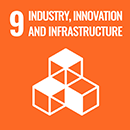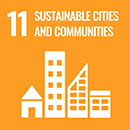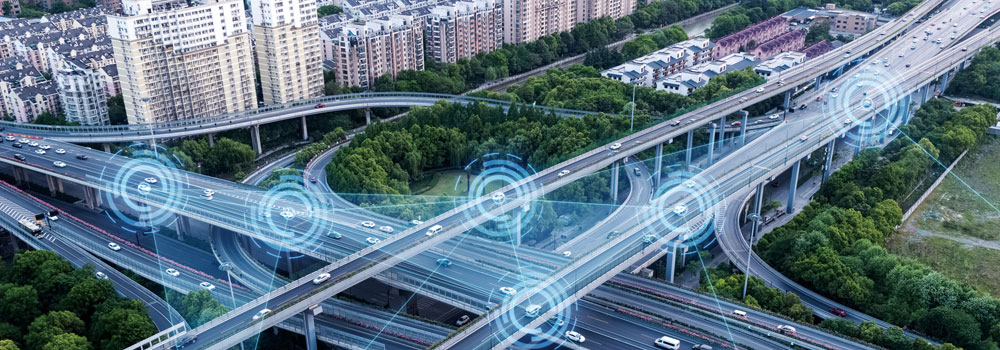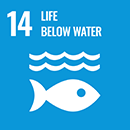Strive for the elimination of traffic casualties and contribute to the creation of a safe and comfortable mobility society




The automotive industry has entered a once-in-a-century period of profound transformation. The birth and evolution of advanced technologies, such as autonomous driving, artificial intelligence (AI), and the Internet of Things (IoT), are poised to greatly expand the potential of mobility. Toyota Tsusho sees these changes as business opportunities and will aim to reduce the number of road accidents and achieve zero traffic casualties to contribute to the development of a safe and comfortable mobility society by utilizing material innovation and autonomous driving and advanced safe driving support technologies and engaging in such initiatives as improving the traffic infrastructure.
KPI
Revenue from products and services that promote zero traffic casualties
Contents: Reduction of accidents through vehicle maintenance status kaizen (continuous improvement), supply of collision prevention warning devices, onboard cameras, and electronic components for autonomous driving, and other initiatives
ended March 31, 2025
ending March 31, 2026
ending March 31, 2028
Path to achieving the target for the fiscal year ending March 31, 2028
- Sales of semiconductors, devices, and other products to support and promote advanced driving technologies, and development of new materials
- Expansion of handling volume of airbag manufacturing in Asia
- Promotion of demonstration projects with local governments in Japan to prevent accidents at intersections using smart poles
- Operation of driving schools in India and Thailand, and provision of training programs in Africa to develop automobile mechanics in collaboration with academies and the United Nations
- Launch of India’s first telematics automobile insurance based on driving behavior, offering scoring of driving characteristics and up to a 25% discount for good drivers
- At Sora-iina Co., Ltd., promotion of prescription drug delivery with the aim of social implementation of on-demand delivery using Level 4 drone flights
- Establishment of Toyota Connected Africa to contribute to the realization of a safe and comfortable mobility society through vehicle data
- Implementation of demonstration tests of large trucks on expressways toward the social implementation of Level 4 autonomous driving
















